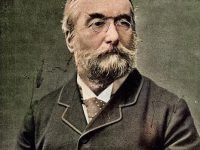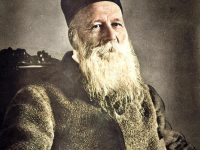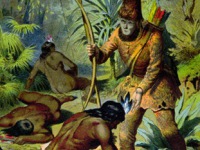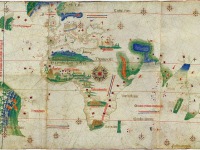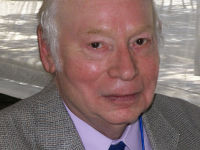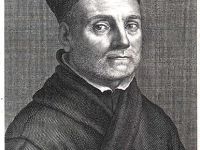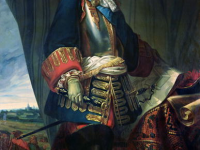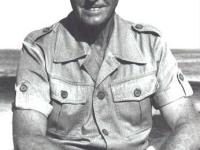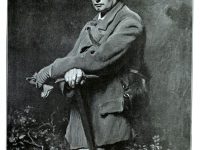Joseph Norman Lockyer – a Pioneer of Modern Astrophysics and Founder of Archaeoastronomy
On May 17, 1836, English astronomer Sir Joseph Norman Lockyer was born. Lockyer is regarded as one of the pioneers of modern astrophysics and founder of archaeoastronomy. Along with the French scientist Pierre Janssen, he is credited with discovering the gas helium. Lockyer also is remembered for being the founder and first editor of the influential journal Nature. “The nineteenth century will ever be known as the one in which the influences of…
Read more

